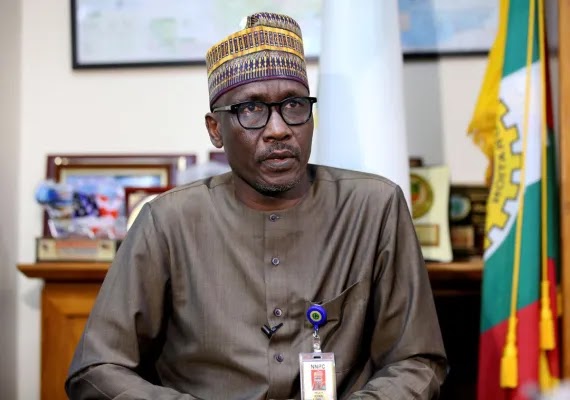Despite roadblocks, experts were optimistic that with time, things would take shape, as European and American companies dominated the nation’s oil exploration. Shell, Chevron, Total Energies, and ExxonMobil were front runners.
Efforts to include companies from China, Saudi Arabia, and India were hindered as existing Nigerian laws prevented leasing oil wells to foreign companies. The overhaul needed in the country’s energy law led to the introduction of the PIB.
The PIB aimed to deregulate the sector and unbundle the Nigerian National Petroleum Company Limited (NNPCL). The former administration of President Muhammadu Buhari signed the bill into law in August 2021.
Within 48 hours, a steering committee was approved to oversee its implementation. President Buhari emphasised that Nigeria lost an estimated $50 billion worth of investments in just 10 years due to the uncertainty of the PIB's non-passage.
Malam Mele Kyari, the GCEO of NNPCL, set new investment benchmarks post Petroleum Industry Act (PIA) 2021. NNPCL sealed multiple deals worth over $48.15 billion to rejuvenate the company, including the $25 billion West African Gas Pipeline project and the $2.8 billion Ajaokuta-Kaduna-Kano (AKK) gas pipeline project.
In June 2022, Nigeria renewed talks with Algeria and Niger to kickstart the $13 billion Trans-Saharan Gas Pipeline (TSGP). The country has enough gas resources to play a bigger role in the global energy mix.
The Nigeria International Energy Summit (NIES 2023) highlighted the need for significant investments and infrastructure for sustainable energy. The passage of the PIA 2021 was a big relief in pursuit of cleaner energy.
The NNPCL's investments aim to block crude oil leakages, theft, and vandalism, propelling the company into a global profit-making brand. It has explored new business ventures, resulting in increased crude production to over 1.6 million barrels per day.
NNPCL acquired a 20% Federal Government stake in the Dangote 650,000-barrel-per-day oil refinery for $2.76 billion and secured over $3 billion in local and foreign investment interests in the Kolmani Integrated Development Project.
The signing of new Production Sharing Contracts (PSCs) and the Heads of Terms (HoT) agreement with UTM Offshore Limited for the nation’s first indigenous floating LNG project further solidify the company's achievements.
NNPCL's profit after tax grew from N287 billion in 2020 to N674 billion in 2021. The PIB's passage was instrumental in these feats, and credit is given to Chief Sylva, the leadership of the National Assembly, and former President Buhari. Kyari's leadership has been commendable, but more effort is needed to elevate the company to the level of global oil giants like Saudi Aramco and ExxonMobil.



